Search
Search Results
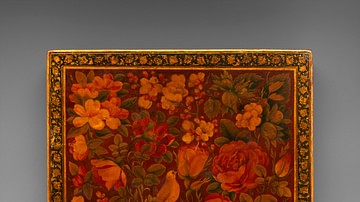
Image
Rose-and-Nightingale Vanity Box
Persian vanity box decorated with a rose-and-nightingale motif, by Muhammad Baqir, 1789.
Metropolitan Museum of Art, New York.
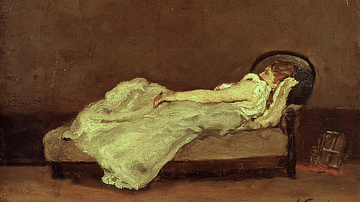
Image
Fair-haired Woman on a Sofa by Gauguin
An 1875 oil on canvas, Fair-haired Woman on a Sofa (aka Mette Asleep on a Sofa), by Paul Gauguin (1848-1903), the French post-impressionist painter. Gauguin married Mette-Sophie Gad (1850-1920) in November 1873. They lived apart for most...
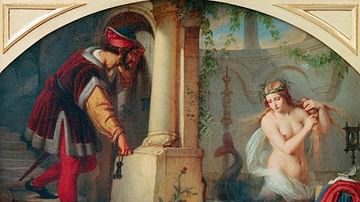
Image
The Fair Melusine
The Fair Melusine, oil on canvas painting by German artist Julius Hübner, 1844. National Museum, Poznan. The painting depicts the moment in the legend when Raymondin spies on his wife, Melusine, and discovers she is half-serpent on...

Definition
Hasdrubal Barca
Hasdrubal Barca (c. 244-207 BCE) was the younger brother of the Carthaginian general Hannibal (247-183 BCE) and commanded the forces of Carthage against Rome in Spain during the Second Punic War (218-202 BCE). They were both, along with another...
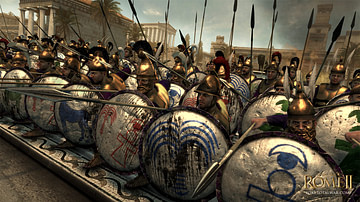
Definition
Battle of the Metaurus
The Battle of the Metaurus (207 BCE) was a military engagement fought between the forces of Rome under Gaius Claudius Nero (c. 237 - c. 199 BCE), Marcus Livius Salinator (254-204 BCE), and L. Porcius Licinius and the Carthaginians under Hasdrubal...
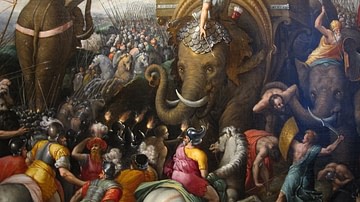
Article
The Battle of Zama - The Beginning of Roman Conquest
The Battle of Zama (202 BCE) was the final engagement of the Second Punic War (218-202 BCE) at which Hannibal Barca of Carthage (l. 247-183 BCE) was defeated by Scipio Africanus of Rome (l. 236-183 BCE) ending the conflict in Rome's favor...

Definition
Isabella of France
Isabella of France (c. 1292-1358) was the queen consort of Edward II of England (r. 1307-1327). After heading a coup to overthrow her husband, she ruled as regent for their young son, Edward III of England (r. 1327-1377) until he forced her...
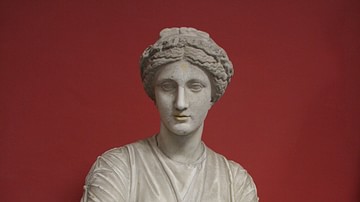
Article
Hesiod on the Birth of the Gods
The Greek poet Hesiod (c. 700 BCE) is most famous for his works Theogony and Works and Days. In this passage from Theogony, Hesiod relates the birth of the gods from cosmic Chaos and follows the lineage through the great Zeus, King of the...

Definition
John Hancock
John Hancock (1737-1793) was a merchant, politician, and Founding Father of the United States, who helped lead the Patriot movement during the American Revolution (1765-1789). He served as president of the Second Continental Congress from...
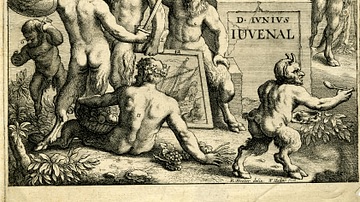
Definition
Juvenal
Decimus Junius Juvenalis (l. c. 55-138 CE), better known as Juvenal, was a Roman satirist. He wrote five books, containing 16 satires, each of which criticized a different element of Roman society, whether it was poor housing, the patron/client...